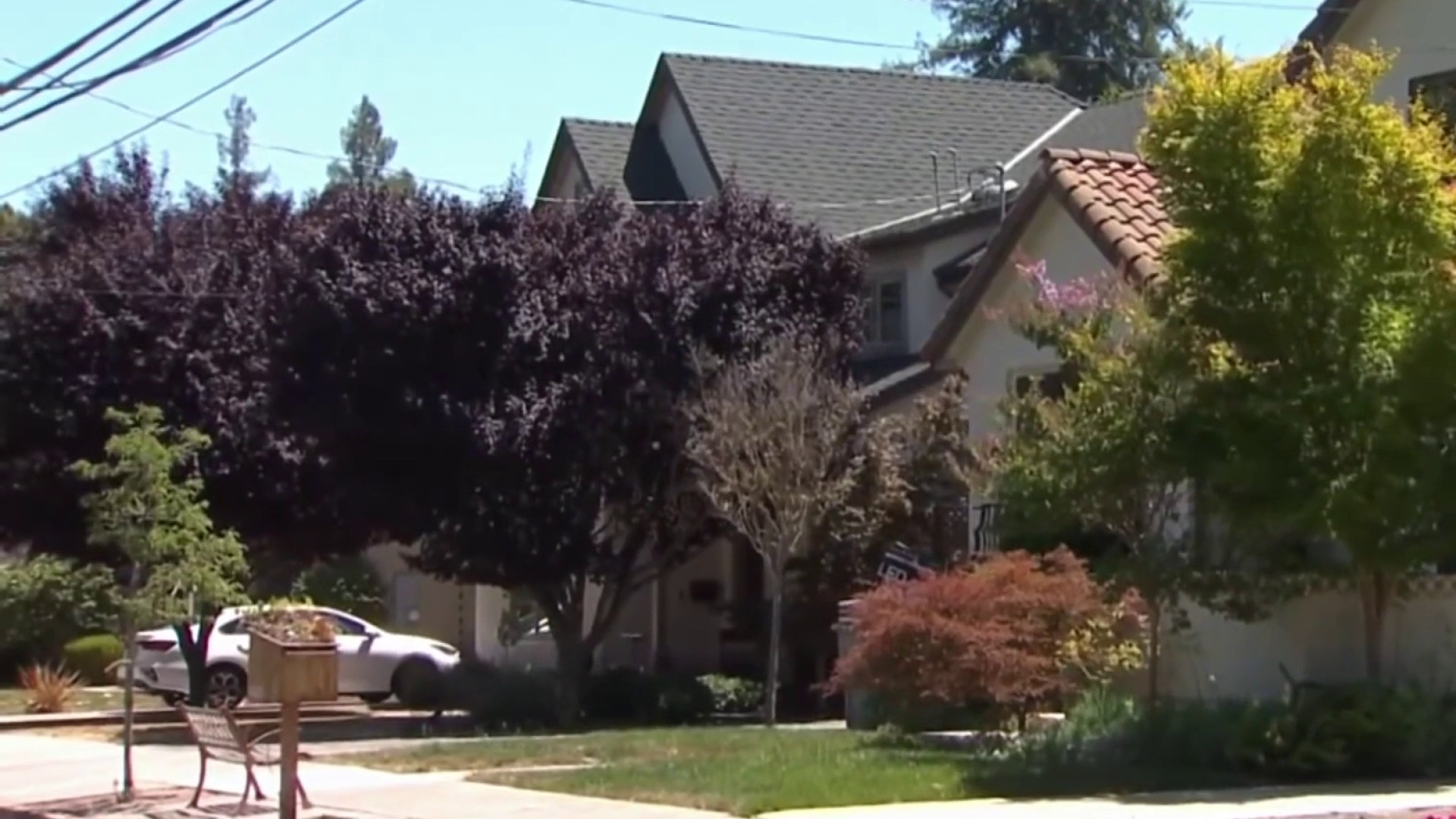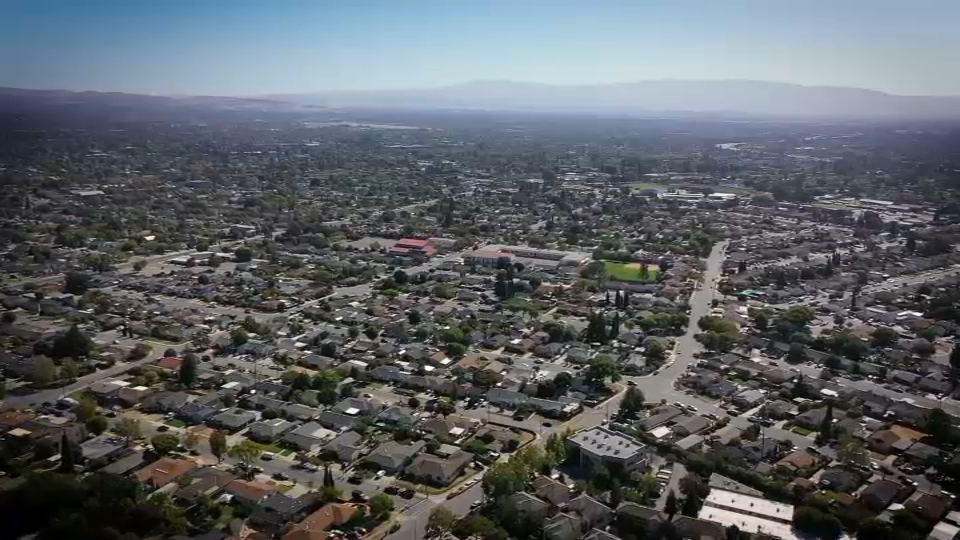There’s a surprising gap in California‘s rent cap law that renters everywhere need to know about.
When California lawmakers passed the state rent increase cap, AB 1482, in 2019, they called it “statewide.” But “statewide” does not mean it applies to every apartment or renter. Some tenants are finding out the hard way: with a shocking letter from their landlord.
Protesting at Home Against Rising Rent
Teresa Farias and her Antioch neighbors are raising their voices, because their landlord is raising their rent significantly. Last week, they marched at Casa Blanca Apartments, where Farias lives.
Get San Diego local news, weather forecasts, sports and lifestyle stories to your inbox. Sign up for NBC San Diego newsletters.
Beginning next week, her rent is set to jump 30%, from $1,181 a month to $1,542 a month. That means an extra $361 a month she didn’t budget for and can’t afford.
“I’ve been living here in the Casa Blanca apartments for eleven years and there had never been such a high increase, it’s the first time,” Farias said.” Plus, Farias says, she already got a rent increase from her apartment nine months ago.
California’s Rent Cap Law— With an Asterisk
The California Law called AB 1482 caps rent increases at no more than 10% in a twelve month period statewide.
So, how can the landlord hike Teresa’s rent 30%? It turns out, the statewide rent cap has many exceptions.
“And that's one of the many loopholes in that law,” explained tenant attorney Leah Simon-Weisberg, legal director at Alliance of Californians for Community Empowerment.
Simon-Weisberg explained that AB 1482 does not apply to renters in lots of places, including:
- Apartments built in the past 15 years
- Some single family homes
- Some dormitories
- Affordable housing
The owner of the Casa Blanca complex gets a tax credit for offering affordable housing to low-income tenants like Farias.
The California State Treasurer’s office told NBC Bay Area, “unfortunately most of the provisions in AB 1482 do not apply to the Tax Credit program.”
Farias says a 30% rent increase might force her family to live in their car. Her thirteen-year-old son, Joshua Gonzalez, expressed worry as he spoke to the tenant rally.
“It's really stressful to see my parents struggling over rent money,” he said.
The landlord gave Farias and other tenants about 60 days notice about these rent increases. But there’s a catch. Another state law says residents should have gotten 90 days because their increases were more than 10%.
NBC Bay Area raised that concern with the landlord, Rainey Property Management. A spokesperson told us on Monday, “please note that residents received that notice in error."
And then:
"All tenants… will not receive increases on August 1. Timing for the new notices has not yet been determined.”
The state said it's requiring the landlord to do that. That step buys the tenants at least another 90 days.
“So hopefully at minimum, that'll get you time to try and find an apartment that's more affordable, which obviously is very difficult,” said Simon-Weisberg, the tenant attorney.
Residents told NBC Bay Area they don’t want to move. They’re banking on those extra 90 days to convince the city of Antioch to quickly pass a rent cap— a new local rule to fill the hole in the statewide law that doesn’t protect them.
“I pray every night that God would do something to help us out,” said Joshua Gonzalez at the tenant rally.

Tenant advocates told NBC Bay Area that renters who are not protected under the state rent cap should try to negotiate their rent. Its recommended to start a discussion with your landlord early to see if there’s any wiggle room for compromise.
Have a consumer complaint? Let us know, so we can help.
This story was completed with Spanish translation assistance by Kathia Lopez-Santos.



